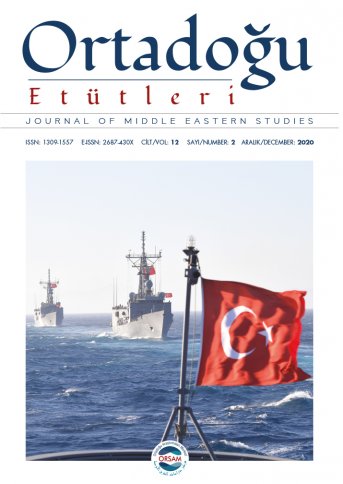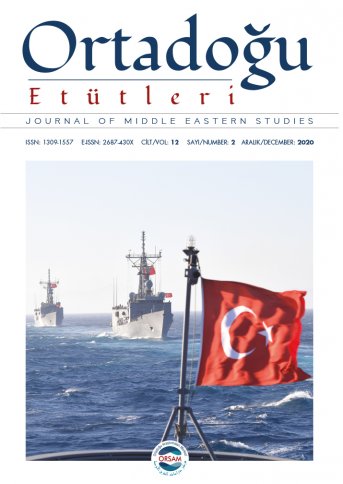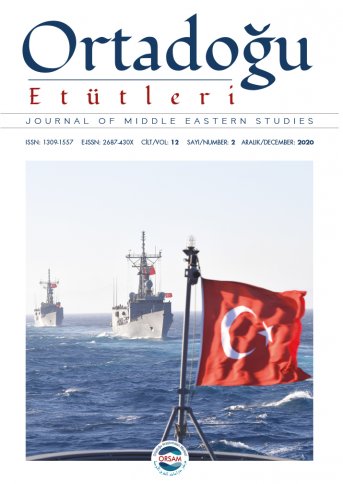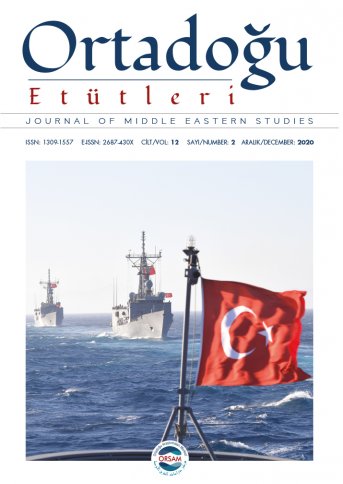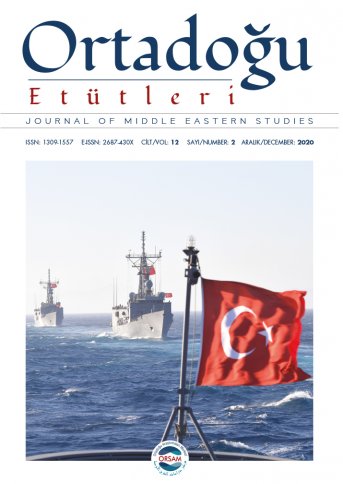
Assessing Terrorism as a Hegemonic Conception within the Context of Securitization
The concept of terrorism has become a widely referenced phenomenon in the field of international relations in recent years and has become one of the leading parameters in security-based studies. The increase in the number of terrorist activities in recent years has caused terrorism to become a primary and common threat for national and international security, as acknowledged by international law. However, the ambiguity in the definition of terrorism, which is left unclear in the conceptional framework enables terrorism to be manipulated and instrumentalized for political purposes. Thus, it is observed that what is referred to as terrorism or terrorist can be defined in different ways by different political agendas. Regarding this fact, it is argued in this paper that terrorism is easily used as a useful hegemonic tool. Therefore, it has grown as a hegemonic conception. The main argument of this paper is that terrorism functions as the essential and central element in the securitization policies and systems mainly implemented in the Middle East. How the terrorism conception is materialized for the maintenance of hegemony is analyzed in this paper within the framework of critical security and securitization theories based on two cases; Palestinians and the Muslim Brotherhood (MB), which both have been accused of terrorism for hegemonic purposes within the configuration of securitization.

